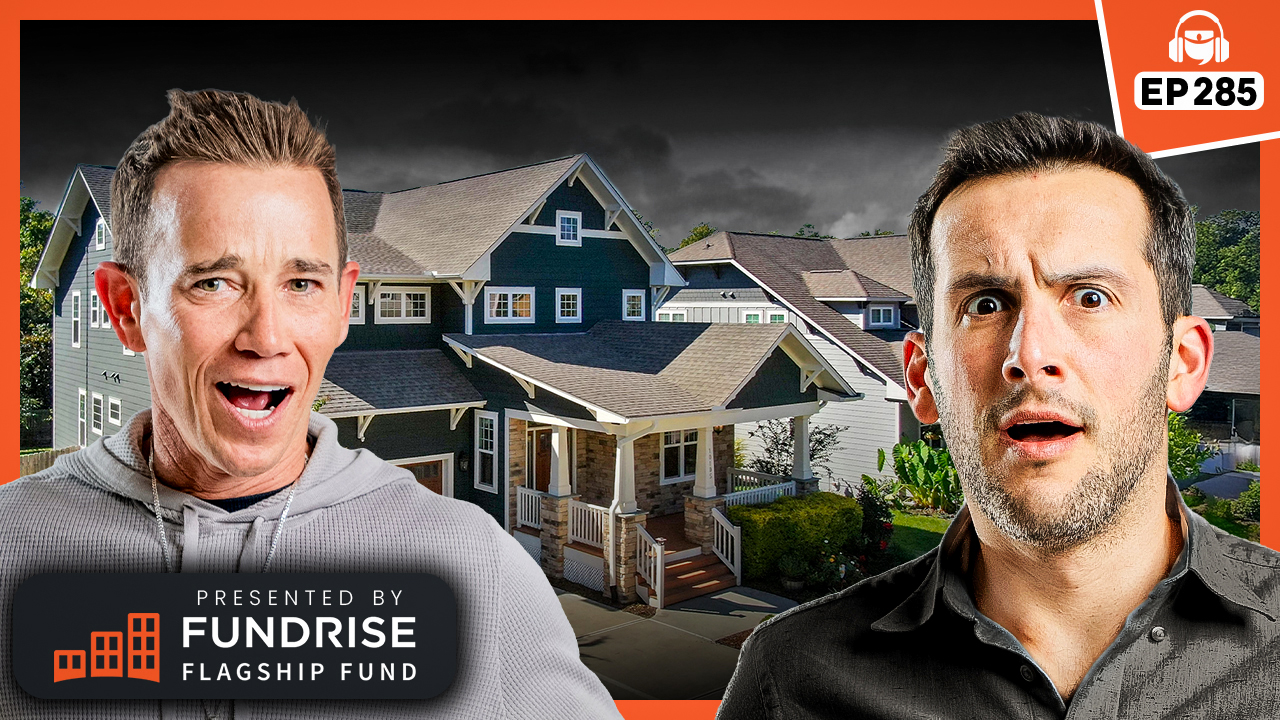According to a new report from ISG World, first cited in The Real Deal, over 50% of South Florida’s new condo developments are tailored toward short-term rentals. It’s a marked distinction from other cities that are clamping down on Airbnb and similar vacation rental sites.
There are 20,613 condos in development in Broward County, from Coconut Grove to Hillsboro Beach. Of these, 10,335 units in 31 buildings allow buyers to rent out their units with few restrictions. Traditional condos make up just under half of the developed units—10,278—in over 73 buildings.
A Housing Crisis
Miami has recently become a haven for short-term rentals, allowing owners, many of whom live overseas or in other states, a place to stay when they visit and generate income when they are absent. Such is the demand that some multifamily buildings are also being converted to STRs.
The clamor for vacation rentals has meant that the Miami housing market is in flux, with traditional neighborhoods in danger of disappearing. Much of the existing inventory is over 30 years old and less popular than the newer, vacation-friendly construction. In fact, of the nearly 19,000 resale condos currently listed in Miami-Dade, Broward, and Palm Beach counties, almost 16,000 are 30 years or older.
The demand for expensive short-term rentals, which are out of the reach of most long-term residents, has fueled a housing crisis in South Florida, where affordability has become a big issue.
“They are taking properties off the market that could be used as longer-term rentals,” Ken H. Johnson, real estate economist at Florida Atlantic University, told the South Florida Sun Sentinel. “It’s the shortage of available units that drives rental rates higher. While developers and local governments clearly need to build more units, that’s not the only solution to this problem.”
The Highest Home Vacancies in the U.S.
Short-term rental sites, such as Airbnb and Vrbo, contend that short-term rentals bring in much-needed revenue to a city, which is why Miami has been less restrictive on them than other cities. However, transience, a lack of long-term residents, and lower homeownership levels also invite instability.
According to a WalletHub study, the cities of Hialeah, Miami, and Fort Lauderdale were ranked as some of the least affordable housing markets in the country, and a Florida Atlantic University joint report from June 2023 showed that the average renter in Miami must make a six-figure salary to avoid being considered “rent burdened.”
The problem is explained by the fact that Miami has one of the highest home vacancy rates in the U.S., according to a study by home loan marketplace LendingTree.com. The study showed that 12.65% of Miami homes are not inhabited full-time—accounting for 339,451 vacant homes out of the city’s 2,683,497 total units.
What does this mean? It means perfectly well-suited homes are sitting empty while buyers and renters struggle to find housing. As a result, supply constraints in Miami are even more pronounced, pushing prices higher.
High Appreciation
Many investors who purchased a home in Miami over the last four years have enjoyed massive appreciation, with some homes doubling in value.
The influx of new residents, remote workers, and businesses has contributed to the city’s affordability crisis. As prices increased, more investors looked to buy here, resulting in increased demand. Thus, new condos catering heavily to vacation rentals for investors who are looking for a place to park their cash have sprouted.
What Goes Up…
Miami’s rapid appreciation has collided with high interest rates, resulting more recently in dramatic price drops of 8.2% year over year to a median price of $550,000 in February and inventory shooting up by nearly 40%.
The advent of scores of new condos coming to market just as prices are crashing and inventory is peaking could provide a perfect storm for investors looking to snag a deal. It will only help local residents find a home, however, if interest rates drop. Miami’s robust infrastructure, new businesses, and attractions mean that the city remains a good investment long term.
An Opportunity for Buy-and-Hold Investors
The lack of available long-term rental apartments and dropping prices have created an opportunity for buy-and-hold investors who want to avoid dealing with the labor-intensive nature of short-term rentals. According to a recent report, Miami ranked in the top five U.S. cities based on cash flow and appreciation at the end of 2023. Another study by CoreLogic confirmed this, with Miami ranking second to Detroit for home price appreciation last year.
However, the recent and sudden price drop has meant there is now a window until interest rates go down and prices increase again. Increased insurance rates for many condos, along with higher HOA fees, have suddenly made single-family homes an attractive investment proposition again. Worth noting is that Miami’s most lenient laws for short-term rentals are restricted to Miami Beach, where many condos are located, encouraging conventional longer-term rentals elsewhere.
Final Thoughts
Investors in Miami can either invest as a short-term rental owner or a conventional landlord with a long-term tenant. Buying a long-term single-family or small multifamily rental makes sense based on the housing shortage.
The latest inventory numbers offer a telling picture of the state of the market. In March 2024, Miami-Dade saw 4.3 months of supply of houses and 8.2 months of condos. Broward was at 3.9 months of houses and 7.2 months of condos. The fact that there are double the number of condos available than single-family houses indicates the large number of new condos being built and the prohibitive cost of owning one because of insurance and HOA fees. Also, if you buy a single-family home at the right price, there’ll likely be no shortage of potential tenants.
Not surprisingly, at current interest rates, many Miami buyers are shopping with cash. Miami-Dade saw 37.2% of deals close in cash in March, and Broward was at 42.6%. South Florida has a higher percentage of cash buyers than the national average of 28%.
The influx of cash buyers points to out-of-town investors looking for a safe place to park their money, earning short-term rental income in the process, confident that real estate prices will continue to rise in the long term as a hot destination city.
Ready to succeed in real estate investing? Create a free BiggerPockets account to learn about investment strategies; ask questions and get answers from our community of +2 million members; connect with investor-friendly agents; and so much more.
Note By BiggerPockets: These are opinions written by the author and do not necessarily represent the opinions of BiggerPockets.






















Discussion about this post